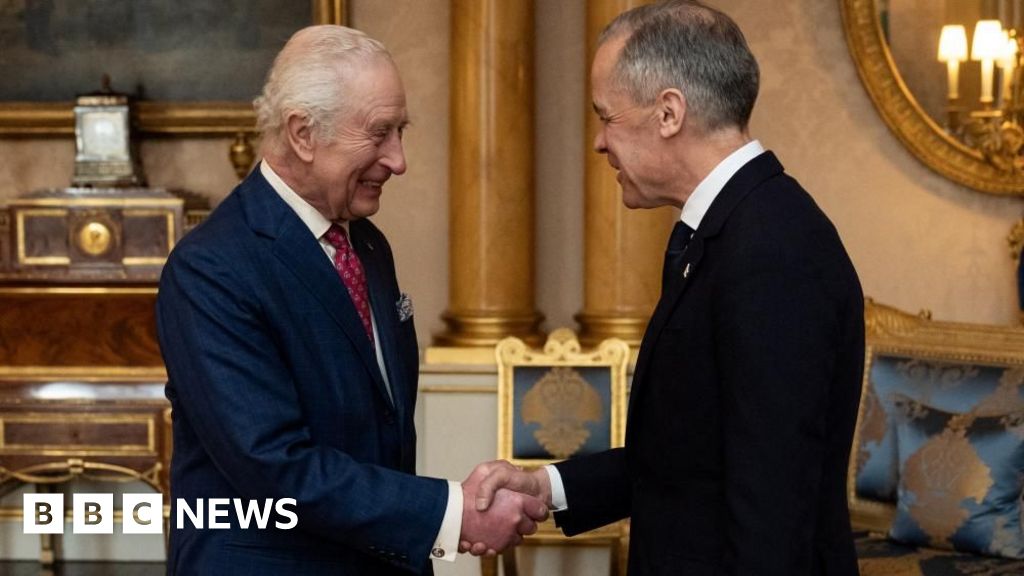Trump Pardons Army Officer Who Refused COVID Mandates, Citing Biden-Era 'Lies'

In a move that has ignited fervent debate, former President Donald Trump has issued a pardon to Lt. Mark Bashaw, a former Army officer convicted for his refusal to comply with COVID-19 mandates implemented during the Biden administration. The pardon underscores Trump's ongoing criticisms of pandemic-era policies and his support for those who resisted them.
Bashaw’s case has become a rallying point for individuals opposed to vaccine requirements and other restrictions imposed by the government in response to the COVID-19 pandemic. He was court-martialed and convicted for insubordination after repeatedly refusing to adhere to orders related to COVID-19 protocols within the Army.
The core of Bashaw’s defiance stemmed from his belief that the Biden administration's COVID-19 policies were based on misinformation and “lies,” as he and his supporters have repeatedly asserted. He argued that the mandates infringed upon individual liberties and medical freedom. His legal battles gained significant traction within conservative circles, attracting widespread attention and support from those who share his concerns.
The pardon comes as Trump continues to campaign for the 2024 presidential election, and it serves as a clear signal of his alignment with a segment of voters who remain deeply skeptical of pandemic-era government actions. It also represents a symbolic gesture of defiance against what he and his allies view as overreach by the federal government.
The Legal and Military Context
Bashaw’s case highlights the complex intersection of military discipline, individual conscience, and public health policy. The Army, like other branches of the U.S. military, has a strict chain of command and requires adherence to lawful orders. Refusal to comply with such orders is considered a serious offense, punishable by court-martial.
However, Bashaw's supporters argue that the COVID-19 mandates were not only unlawful but also medically questionable, pointing to evolving scientific understanding of the virus and the potential risks associated with vaccines. They maintain that Bashaw’s actions were motivated by a genuine concern for the well-being of his fellow soldiers and a desire to uphold principles of individual liberty.
Political Ramifications and Reactions
The pardon has drawn sharp reactions from both sides of the political spectrum. Democrats and some military veterans have criticized the decision, arguing that it undermines military discipline and sends a dangerous message that individuals can disregard lawful orders without consequence. They contend that the mandates were necessary to protect the health and safety of service members and maintain operational readiness.
Republicans and conservatives, on the other hand, have largely praised the pardon, viewing it as a victory for individual freedom and a rebuke of what they see as government overreach. They argue that Bashaw’s case is emblematic of the broader concerns about excessive government power and the erosion of personal liberties.
Looking Ahead
The pardon of Lt. Mark Bashaw is likely to have lasting implications for the debate over COVID-19 mandates and the balance between individual rights and public health concerns. It also underscores the continuing political divisions surrounding the pandemic and its aftermath. The case serves as a reminder of the challenges faced by individuals who challenge government authority, even within institutions like the military.
Trump's action further solidifies his position as a champion of those who feel marginalized by pandemic policies, a stance that resonates strongly with a significant portion of the electorate. Whether this strategy will prove successful in the 2024 election remains to be seen, but it undeniably adds another layer to the already complex political landscape.






